Electric cars may be rising in popularity, but are they just a fad? Here’s why EVs aren’t the future, they’re not even the present.
Everyone seems to have an opinion on electric cars these days. EVs definitely have their advantages, but it’s clear that adoption of these 4-wheeled whizzers has been anything but fast. Although governments, businesses and consumers continue to invest in them, we think that it’s possible that EVs aren’t the future at all. In fact, we think they’re not even the present. Here’s why…
EVs are not built for long distance driving
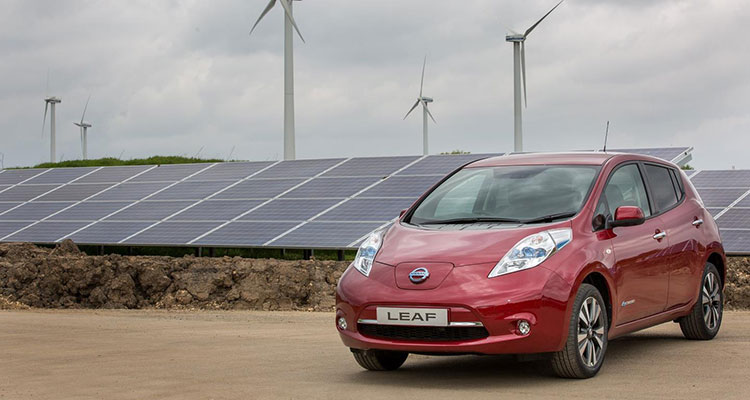
Electric cars excel at short distances, it’s a fact. On the other hand, if you’re going on a long journey comprising mostly of motorway driving, you’re in for a different experience. The estimated range that EV manufacturers give does not usually apply to motorway driving. In other words, if Nissan say you’ll get 70 miles out of your 2013 Nissan Leaf, expect to get about 50 miles when mainly driving without stopping.
This is because a good portion of the range comes from the regenerative braking, where the car will regain some energy through the brakes. If you’re not braking, then no energy is gained back. In the best case scenario where you own a fancy Tesla Model S with a 240 mile range, you’ll probably only get 170 miles before you need to stop for a charge. And this brings us to our next point…
Charging is not as easy as filling up with petrol/diesel
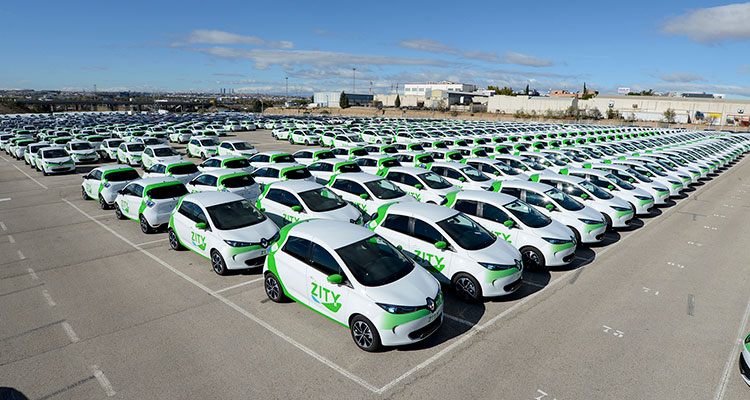
If you do happen to outdo the range of your EV, then you’ll have to stop and charge. Usually, when driving a “normal” (non-electric) car, you would stop at a fuel station and spend 5 minutes filling up. The process is easy, smooth and most of all, not very time consuming at all.
Firstly, charging a car takes a lot longer than filling it up with fuel. Even the fastest chargers available can take 30 minutes to get the car from near 0% to 80%. However, these rapid 50kW chargers are not supported on all cars and will not be found at all charging stations. So a 30 minute stop should not be expected as this is the best case scenario. The worst case scenario is that you and your family will be waiting at a charging station for several hours just so you can make it home.
With that being said, charging technology is constantly improving and becoming more readily available, but how long will it take to get a well-connected infrastructure? But will charging ever be as quick and efficient as filling up with fuel? Probably not for a long time.
Maintenance can be costly
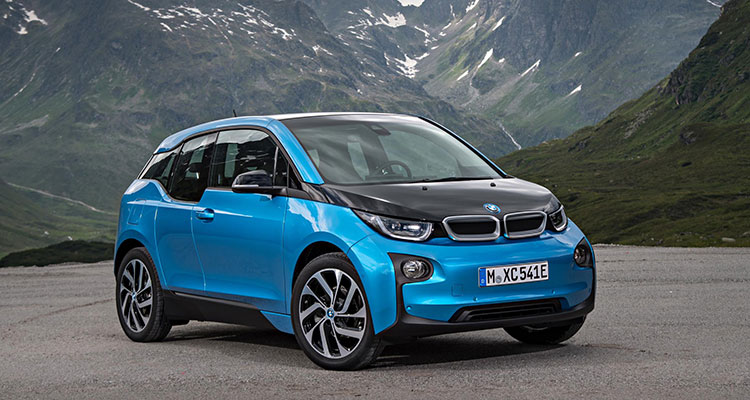
Do you know a local garage that knows how to work on electric cars? Sure, anyone can change a tyre for you or carry out an MOT, but who do you go to when warning messages appear on the dashboard of your electric car? The dealership, that’s who.
In an ICE car, if your cambelt breaks or your starter motor konks out then you can usually just go to your local garage and get it sorted for a small fee. With an EV, there is no engine under the bonnet and all of the important things that make the car drive are hidden away under “strictly no access” panels. The technology is alien to 99% of mechanics, which means you always end up taking it to the dealership and/or contacting the manufacturer. This usually results in waiting weeks for a fix and paying more than you should do. Just how long will it take for EV tech to be implemented in mechanics’ training? Ten, perhaps twenty years?
Noise is a big selling point sometimes
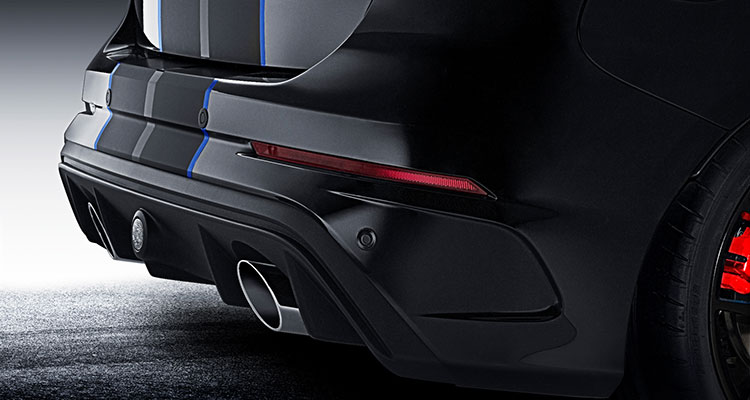
For many car enthusiasts, the sound the car makes is a structural point in a car’s meaning. With electric cars, no matter how far you push your foot down, you will only be met with that sci-fi whirring noise. Not quite as nice as that explosive roar from your favourite sports car.
You’ll never be able to enjoy rolling your window down and revving in a tunnel, or the sound of the initial start of the engine when turning the key. It’s like an entire slice of the driving experience will be taken away, which is a deal-breaker for many motor-mad car buyers.
Hydrogen fuel could be the true future
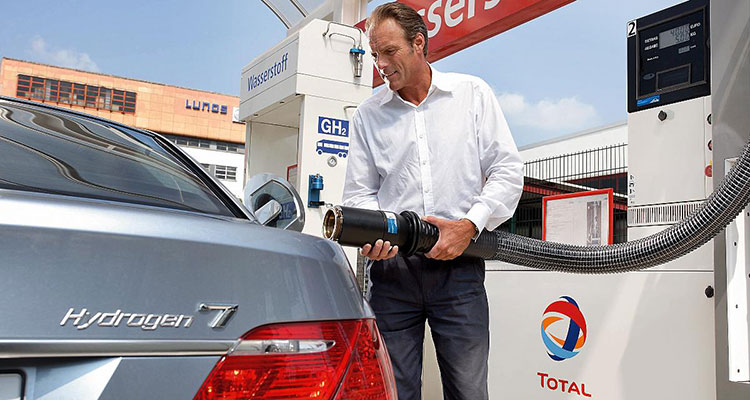
Like electricity, hydrogen can be 100% renewable and have 0 exhaust emissions. Unlike electricity, hydrogen could potentially fuel cars without limitations on range and the use of heavy, environment-killing, flammable batteries. The only problem is that we haven’t been able to harness it in a practical way yet.
However, the World Endurance Championship have made it clear that they will introduce hydrogen-powered cars for the 2024 Le Mans 24 Hours. Most big car manufacturers are either already looking into hydrogen technology, or planning to in the future. It seems like the hydrogen phenomenon is about to make a big splash, it’s only a matter of when.
Let us know what you think of the recent rise in electric car sales. Is it a fad or will they make ICE cars obsolete?
For more articles like this, receive our weekly e-newsletter, including partner deals and all things motoring, register your email below.
Please note: You cannot subscribe to Smart-Motoring unless you put a tick in the checkbox below to indicate have read and agreed to our privacy policy.



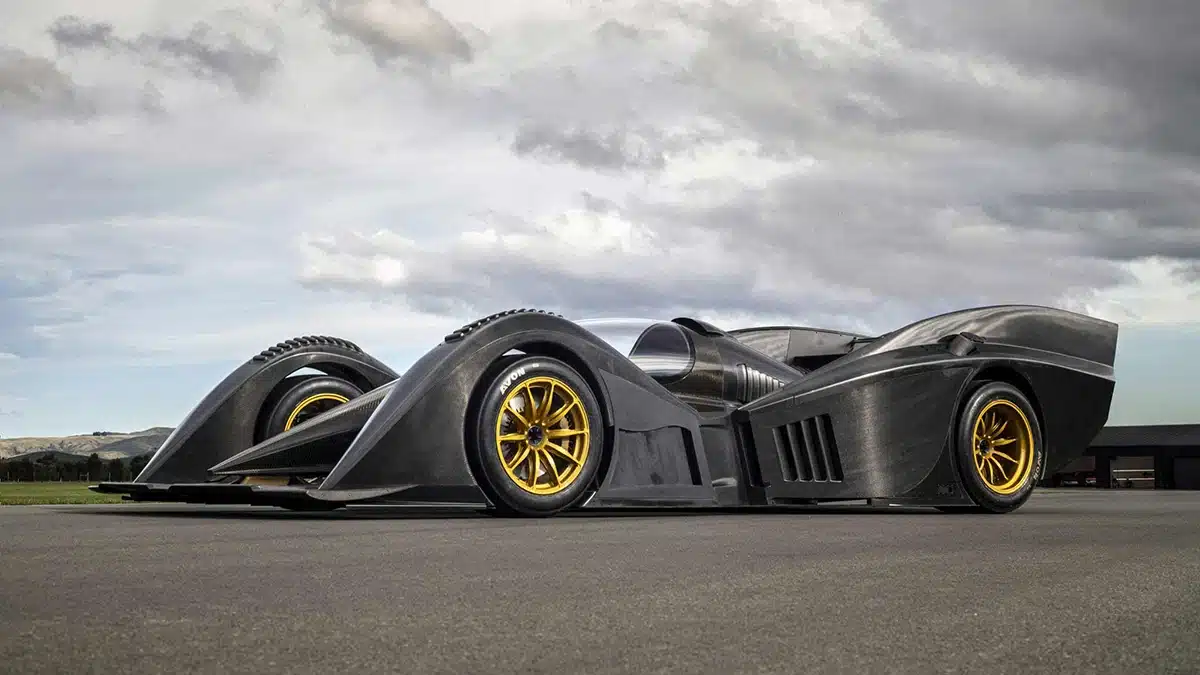
Leave a Reply
You must be logged in to post a comment.